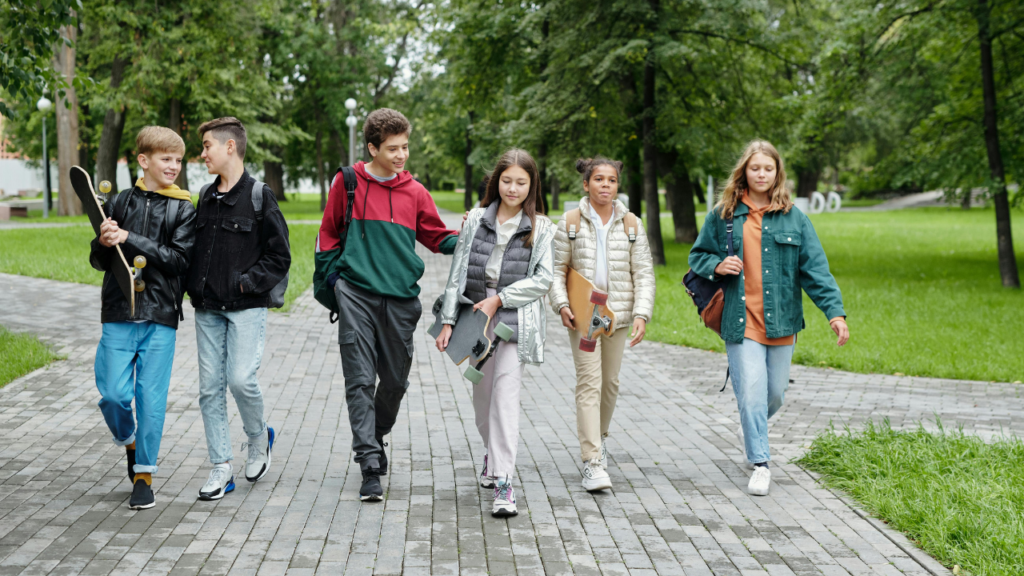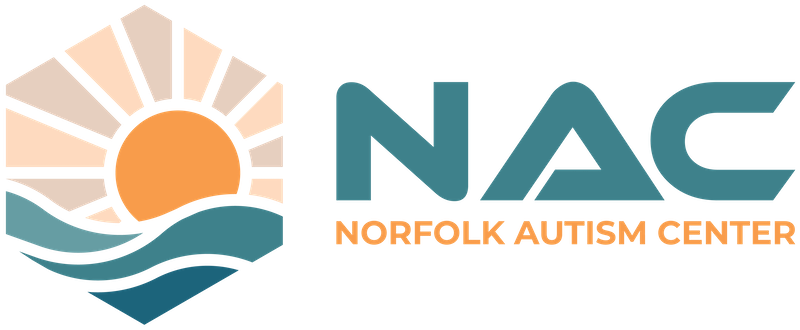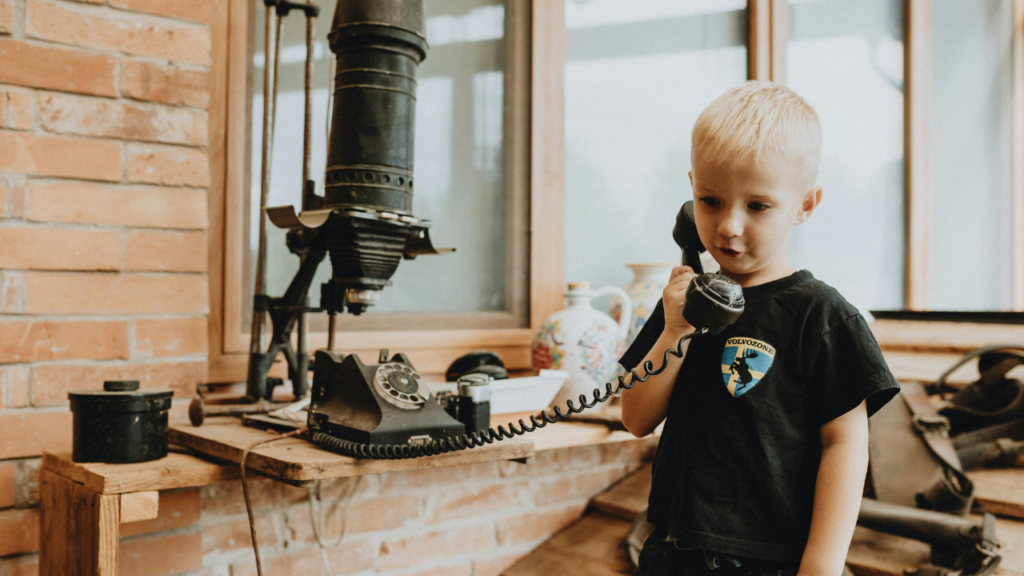Social skill development is a crucial aspect of early childhood development, particularly for children with autism. Through structured peer interaction programs, children can learn and practice essential social skills in a supportive environment. Understanding how these interactions contribute to development helps parents and professionals create meaningful opportunities for social growth.
The Value of Peer Interaction
When children engage with their peers, they develop crucial life skills in natural, meaningful contexts. These interactions provide opportunities to learn about social cues and body language in real-time, helping children understand the subtle aspects of communication that can be challenging to teach directly. Through regular peer interaction, children develop their ability to take turns, share resources, and engage in reciprocal communication.
The social learning that occurs during peer interaction extends beyond basic communication. Children begin to understand emotional expression and regulation by observing and engaging with their peers. They learn to recognize different emotional states, respond appropriately to others’ feelings, and manage their own emotions in social situations.
Creating Structured Social Opportunities
At our center, we carefully design activities that promote meaningful social interaction while providing appropriate support. Small group activities encourage cooperation and teamwork in a structured environment where children can practice new skills with guidance. Partner exercises focus on building fundamental social skills like turn-taking and reciprocal interaction, while guided play sessions help children learn about sharing and negotiation in natural contexts.
Through social stories and role-playing, children have opportunities to practice common social scenarios in a safe, supportive environment before encountering them in daily life. This preparation helps build confidence and reduces anxiety about new social situations.

The social learning that occurs during peer interaction extends beyond basic communication
Real-World Social Learning
We focus on teaching social skills that directly translate to everyday situations. Children learn practical strategies for joining ongoing play activities, requesting help or materials from others, and responding appropriately to common social interactions. These skills are taught through natural opportunities throughout the day, making the learning process more meaningful and effective.
Understanding how to manage conflicts and disagreements constructively is another vital aspect of social development. We help children develop appropriate strategies for expressing their needs, understanding others’ perspectives, and finding positive solutions to social challenges.
Supporting Development Beyond the Center
Social skills development extends beyond structured therapy sessions. We work closely with parents to create opportunities for practicing these skills in various settings. This might include strategies for successful playdates, ways to practice social scripts during family activities, or techniques for encouraging positive social interaction in community settings.
Parent involvement is crucial for generalizing social skills across different environments. We provide guidance on recognizing and creating natural opportunities for social interaction, helping parents become confident supporters of their child’s social development.
Measuring Growth and Adapting Support
Social development is a journey that looks different for each child. Our program includes regular assessment and adjustment of social skills development strategies to ensure they remain appropriate and effective. We maintain close communication with parents, incorporating their feedback and observations into our approach while documenting progress and adjusting goals as needed.
Expert Support for Social Skills Development
At Norfolk Autism Center, our center-based therapy programs provide structured opportunities for peer interaction and social skills development. Located at 152 Burnetts Way, Suffolk, VA 23434, we specialize in helping children ages 2-6 develop essential social skills in a supportive, nurturing environment.
Our experienced team works closely with families to create individualized social development plans that address each child’s unique needs. We accept most insurance plans making our programs accessible to families throughout the Suffolk and Norfolk areas.
Take the first step in supporting your child’s social development. Contact us at (757) 777-3229 to schedule your free consultation and learn more about our peer interaction programs.




